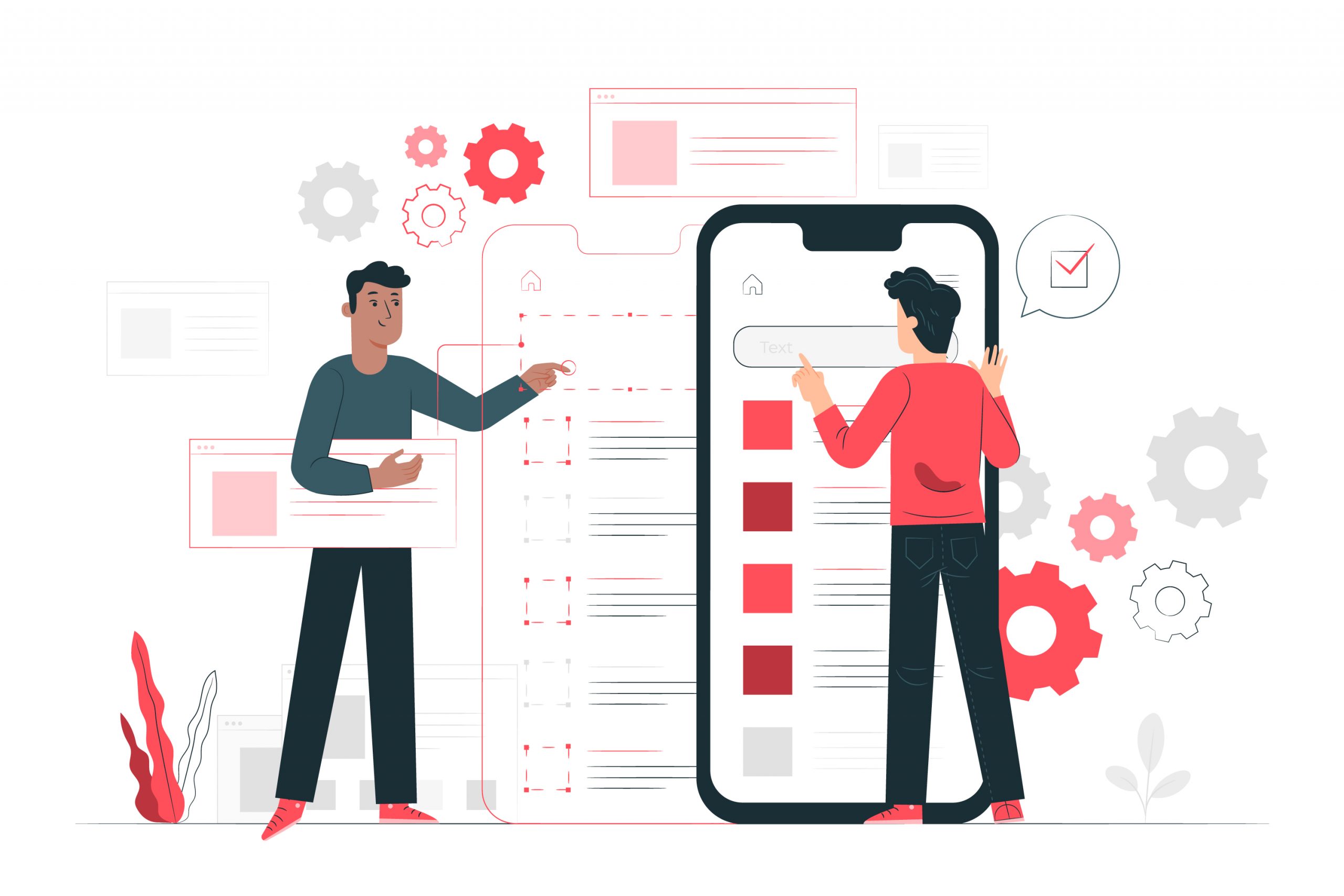ERP software right from its introduction in the early 1990s has become an immensely popular business management tool. Right from a back-office operation automotive software, the functional capabilities of the software have greatly improved over the years. And is now prove its effectiveness in financial applications, customer relationship management, human resource, and payroll management, and even in business analytics. ERP software has proved its worth in offering real-time capabilities and seamless communication to innumerable organizations all across the world. Implementing ERP software has implications on several aspects of the business-like process, culture, and people. As a result, businesses while implementing ERP systems need to consider multiple factors.

Find below some of the key considerations that businesses need to take into account while implementing this software.
ERP Integration into Existing Business Functions
Before starting with the ERP implementation process, the organization should have clarity on individual business functions and the result of integrating them with the ERP. Businesses should focus on integrating only those functions that will help them obtain a competitive edge. For this, they should come out with a specific plan on the configuration process, integrate and optimize the ERP system to suit their business functions.
Value Addition
Businesses also need to consider that how implementing ERP software will reward benefits to the organizations. An ERP implementation must add value by reducing costs, mitigating risk, enhancing revenues, and improving utilization of the asset. The organization should make use of the advantage of advanced scheduling and planning features of the ERP software that allow businesses to increase throughput and reduce downtime.
Optimization of Business Process
ERP software automates business operations irrespective of the industry in which the software is implemented. It is common to have differences between the functional capabilities of the ERPs and the business-specific requirements. It should be considered as an opportunity to have another look at the existing processes and get rid of redundant and obsolete processes. Businesses should also integrate available processes with the ERP software. And understand the ERP solution’s framework and how it applies to the business to find the best way to customize the ERP solution.
Enabling Cloud ERP
Organizations are now choosing to move to the cloud, thereby eliminating the need to purchase the required storage hardware. And server along with the maintenance cost that considerably reduces their operational expenditures. Besides, organizations also have a choice to either fully or partially hosting the ERP solution on the cloud. Thus, while implementing an ERP system, businesses need to understand critical challenges and requirements along with their impact on their business.
Mobile Adaption
For most of the companies across the world, their prime agenda is to accelerate enterprise mobility. Therefore, organizations should consider enabling ERP mobile adaptation for quick and intermission-free operations. Besides the implementation cost, businesses should also take into account. These factors before initiating the implementation of the ERP software in their company.
Also Read: Role of the ERP System in the Growth of the Pharmaceutical Companies




